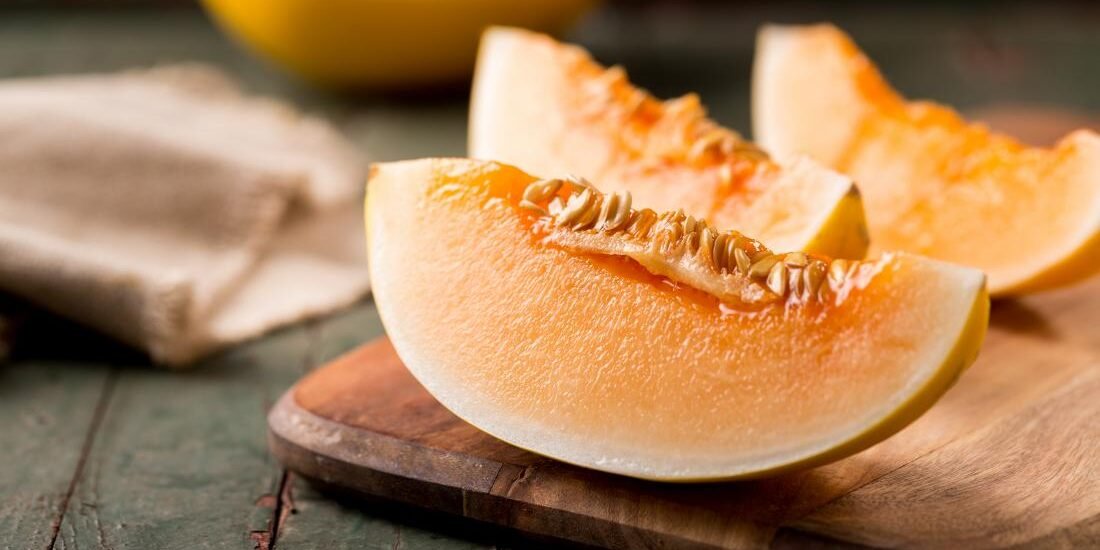


Embarking on a low-carb diet might make you think you have to give up fruits, but that’s not the case! While many fruits are high in natural sugars and carbs, there are plenty of tasty, low-carb options that fit into your diet. Let’s explore some of the best low-carb fruits, their benefits, and how to include them in your meals. We’ll also answer some frequently asked questions about low-carb fruits.
Low-carb fruits are those that have fewer carbohydrates per serving compared to others. These fruits are generally lower in sugar and higher in fiber, making them ideal for low-carb or keto diets. Including these fruits in your diet lets you enjoy their vitamins, minerals, and antioxidants without blowing your daily carb limit.
– Carbs per 100g: 8.5g (net carbs: 1.8g)
– Avocados are low in carbs and high in healthy fats. They’re packed with vitamins C, E, K, B-6, folate, magnesium, and potassium. Enjoy them in smoothies, salads, or on their own with a bit of salt and pepper.
– Carbs per 100g: 7.7g (net carbs: 5.5g)
– Strawberries are juicy, delicious, and full of antioxidants, vitamins, and fiber. They’re high in vitamin C and manganese. Eat them fresh, add them to salads, or use them as a topping for low-carb desserts.
– Carbs per 100g: 11.9g (net carbs: 5.4g)
– Raspberries are rich in fiber and antioxidants. They provide vitamin C, vitamin K, and manganese. Their sweet yet slightly tart flavor makes them perfect for salads, smoothies, or snacking.
– Carbs per 100g: 9.6g (net carbs: 4.3g)
– Blackberries are another great low-carb fruit, high in fiber and antioxidants. They’re a good source of vitamins C and K. Enjoy them on their own, in desserts, or in salads.
– Carbs per 100g: 9.3g (net carbs: 6.5g)
– Lemons are low in carbs and high in vitamin C. Their tangy flavor is great for adding a refreshing twist to water, tea, and dishes. Use lemon juice and zest to enhance salads, fish, and chicken.
– Carbs per 100g: 15g (net carbs: 6.2g)
– Coconuts provide healthy fats, fiber, and minerals like manganese and copper. Use coconut meat, milk, and oil in smoothies, desserts, and savory dishes.
– Carbs per 100g: 3.9g (net carbs: 2.7g)
– Technically a fruit, tomatoes are low in carbs and rich in vitamins A, C, and K, as well as potassium. Enjoy them in salads, sauces, soups, and more.
– Carbs per 100g: 9.5g (net carbs: 8g)
– Peaches are sweet, juicy, and low in carbs. They offer vitamins A and C and fiber. Great for snacking, adding to salads, or making low-carb desserts.
– Nutrient-Rich: Packed with essential vitamins and minerals.
– High in Fiber: Aids digestion and helps maintain healthy blood sugar levels.
– Antioxidant Power: Protects the body from oxidative stress and inflammation.
– Weight Management: Supports weight loss and maintenance by providing essential nutrients without excessive calories or carbs.
Here are some tips for including low-carb in your meals and snacks:
– Breakfast: Add berries to your morning yogurt or smoothie for a nutritious start to your day.
– Snacks: Enjoy a handful of berries, a slice of avocado, or some coconut meat as a healthy snack.
– Salads: Enhance your salads with tomatoes, avocado slices, or a handful of berries for added flavor and nutrition.
– Desserts: Make low-carb desserts using fruits like berries and peaches. Try a berry compote or a peach crumble with almond flour.
– Beverages: Use lemon or lime juice to add a refreshing twist to water, tea, or homemade salad dressings.
Q1: Can I eat fruits on a keto diet?
A1: Yes, you can eat fruits on a keto diet, but choose low-carb fruits and consume them in moderation to stay within your daily carb limit.
Q2: How much fruit can I eat on a low-carb diet?
A2: The amount of fruit you can eat depends on your individual carb limit. Keeping fruit servings small and choosing low-carb options helps you stay within your goals.
Q3: Are dried fruits low in carbs?
A3: Dried fruits are usually higher in carbs due to concentrated sugar content. It’s best to avoid them on a low-carb diet or consume them in very small quantities.
Q4: What is the lowest carb fruit?
A4: Avocado is one of the lowest carb fruits, with about 1.8 grams of net carbs per 100 grams. It’s also high in healthy fats and fiber.
Q5: Can I eat bananas on a low-carb diet?
A5: Bananas are relatively high in carbs and sugars, so they’re generally not recommended for strict low-carb or keto diets. If you do eat bananas, do so in very small quantities.
Q6: Are there any low-carb fruit recipes?
A6: Yes, there are many low-carb fruit recipes available, from smoothies and salads to desserts and snacks. Using low-carb fruits like berries, avocados, and coconuts can help you create delicious and healthy dishes.
Low-carb fruits are a great way to enjoy the nutritional benefits of fruit while sticking to a low-carb or ketogenic diet. By choosing the right fruits and incorporating them into your meals and snacks, you can enjoy their delicious flavors and health benefits without exceeding your carb limit. Balance your fruit intake with other nutrient-dense, low-carb foods to maintain a healthy and varied diet.